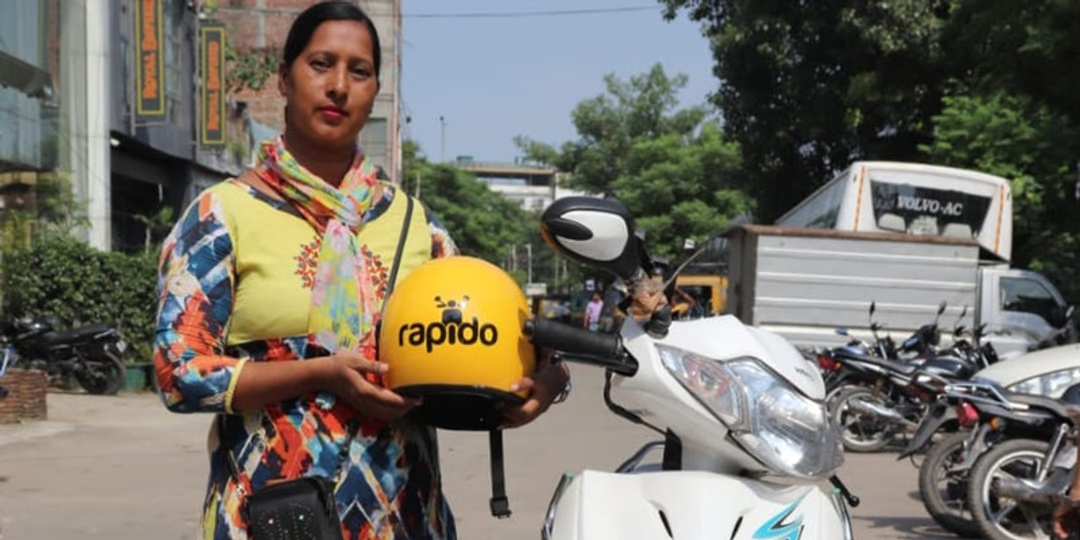The Karnataka High Court’s decision to halt bike taxi services from June 16 has triggered commuter woes, legal challenges, and calls for regulatory clarity
In a move that has sent shockwaves through urban mobility circles, the Karnataka High Court has enforced a statewide ban on bike taxi services, effective June 16, 2025. The decision, which impacts popular platforms like Rapido, Uber Moto, and Ola Bike, stems from the absence of state-framed rules under the Motor Vehicles Act, leaving thousands of riders and commuters in limbo
The court’s refusal to stay an earlier directive has led to the immediate suspension of two-wheeler ride-hailing services across Karnataka. This has particularly affected Bengaluru, where bike taxis had become a lifeline for last-mile connectivity, especially in congested zones and underserved areas. With the ban in place, commuters have reported fare hikes of up to 25% for auto-rickshaws and cabs, prompting widespread frustration
The legal rationale behind the ban centers on regulatory gaps. While bike taxis operate in several Indian states under local transport rules, Karnataka has yet to formalize a framework that allows private two-wheelers to be used for commercial passenger transport. The High Court emphasized that without such rules, these services violate the Motor Vehicles Act, making their operation unlawful
However, the decision has not gone uncontested. Ride-hailing platforms and transport associations have filed appeals, arguing that bike taxis are essential for affordable and efficient urban mobility. The American Motorcyclist Association (AMA) and other advocacy groups have also weighed in, urging the government to reconsider the ban and expedite policy formulation
The impact of the Karnataka bike taxi ban extends beyond commuters. Thousands of gig workers who relied on bike taxi platforms for income now face uncertainty. Many had invested in vehicles and insurance based on platform partnerships, and the sudden halt has disrupted livelihoods.
In response to the crisis, MP Tejasvi Surya and other public representatives have called for fare caps on app-based auto services to prevent exploitation. They’ve also urged the state transport department to draft clear guidelines that would allow bike taxis to operate legally under a regulated framework
As the legal battle continues, the ban has reignited debates around urban transport policy, gig economy regulation, and the role of technology in public mobility. For now, Karnataka’s commuters must navigate a more expensive and less flexible transport landscape, while stakeholders await clarity from the courts and policymakers.






